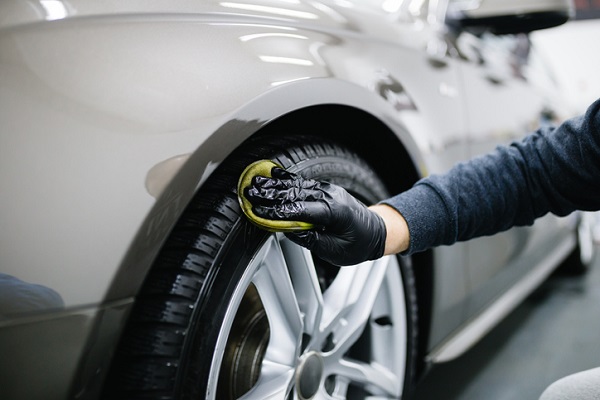One of the most important factors that can help you prepare for a future career is learning through hands-on training. Although technical knowledge is a good resource to use when learning a new trade, there are certain aspects of practical experience which can enrich your training and prepare you for real-world situations you may encounter in your professional work.
Practical learning can inspire a sense of competence and confidence that helps you build the skills you need in your new career, and certain skills are easier to learn through watching and doing rather than with pen and paper. Here are a few reasons why practical learning can give you an advantage in your new career.
Practical Learning Builds Your Critical Thinking Skills
When we engage our critical thinking skills, our brains piece together facts to make a judgment. Practical learning is taught by observing and re-enacting the lesson for similar results. It allows you to explore different reconditioning techniques and methods during your auto detailing course, and gives you a margin of error to test your comprehension and skill in a low-risk, real-world setting.
It can also help you spot areas that you may have a problem in or need to focus more on. This means that when it comes time to start your career, you’ll already have the advantage to wow your employer with both solid experience and strong critical thinking ability to solve the problem at hand.
Students Benefit from Engaged, Hands-On Learning
When we work with our hands, we engage different parts of our brains than we do when we’re writing or reading. Hands-on training can improve lesson retention because it involves adding a layer of personal experience which engages your own sense of involvement and capability.

Touching and physically handling the tools and objects you work with gives you an extra learning dimension to understand how they function and operate. A successful auto detailing career requires you to have a good material knowledge, which is your familiarity with your everyday workplace resources, from applicators to rotary pads, and scrubbers to sponges. In order to use your tools and training to the best of your ability, it’s important to have a solid foundation of how exactly you will use them, which you learn mostly through the practice and trial-and-error of your training.
Practice Makes Perfect in an Auto Detailing Career
Speaking of practice, when we work with our hands, we engage different parts of our memory than we do when we’re writing or reading. Practical learning helps us memorize procedures through a process known as muscle memory. This can be anything from turning a wrench counter-clockwise to loosen something, typing on a keyboard, or playing an instrument. Simply put, the more we practice something, the more ingrained it becomes in our memory, and the easier it is to repeat again.

The downside of that, however, is that when we make a mistake sometimes we don’t learn how to avoid making that same mistake later, and that can become just as much a part of our muscle memory as the right way to do something. Fortunately, hands-on training gives both instructor and student the opportunity to review and identify the correct way to learn and perform certain procedures and techniques.
Are you looking to build the skills you need to find success in automotive careers?
Contact your local Automotive Training Centre for more information!


